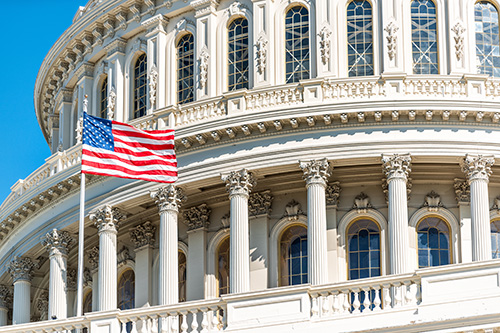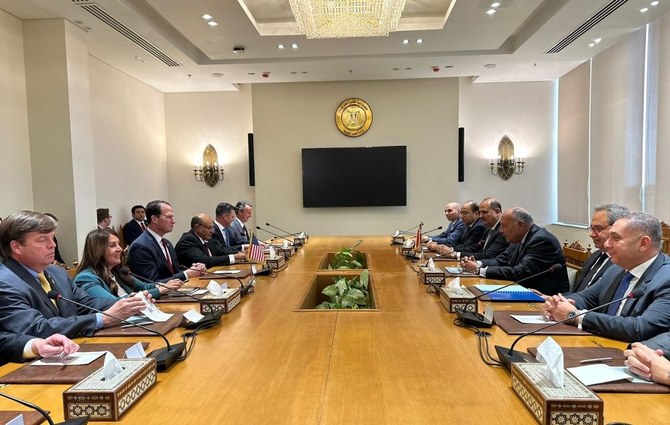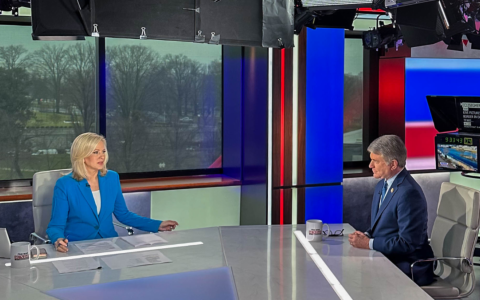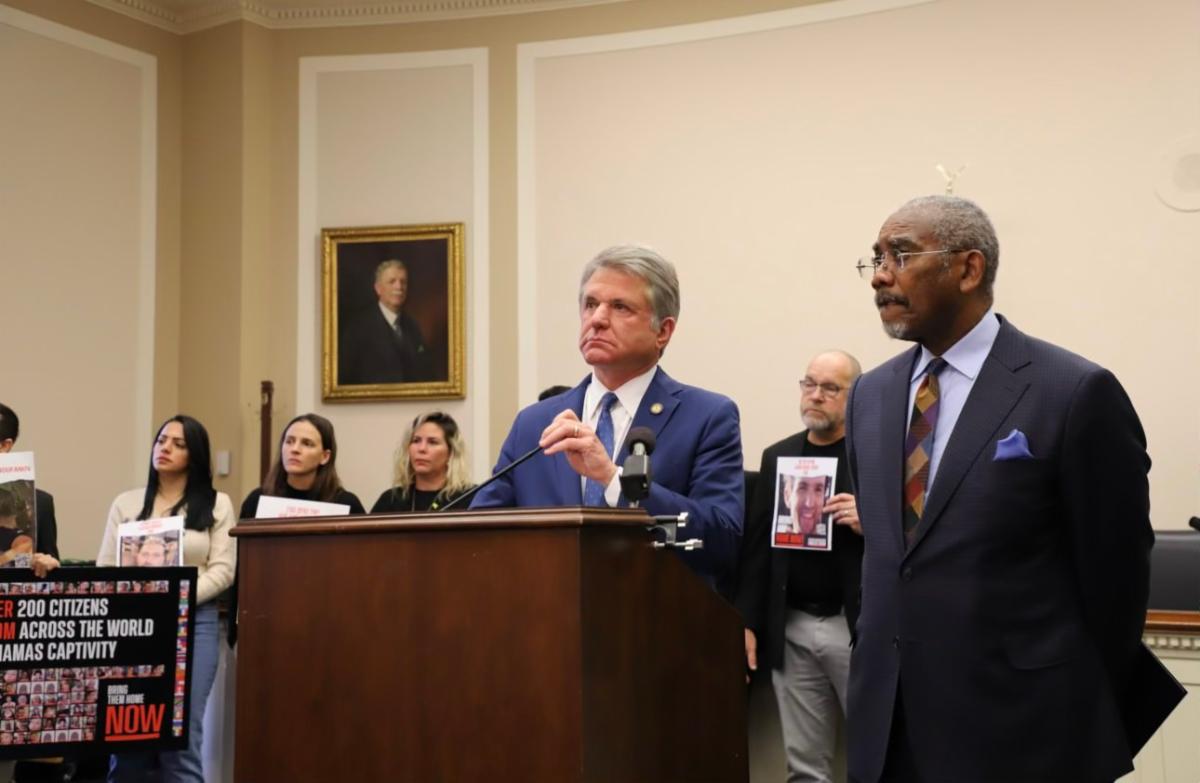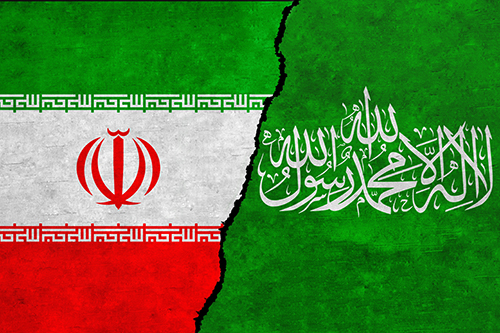Department of Defense Appropriations Act, 2019, Amendment 20
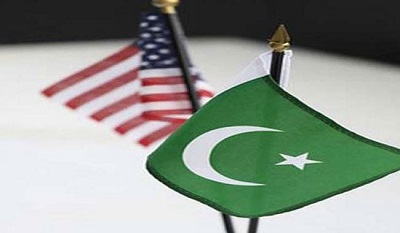 Pakistan continues to be an unreliable partner in the fight against terrorism. For two decades, we have hoped that Pakistan would clear the terrorist safe havens along the Afghan border and end its support for terrorist groups with American blood on their hands.
Pakistan continues to be an unreliable partner in the fight against terrorism. For two decades, we have hoped that Pakistan would clear the terrorist safe havens along the Afghan border and end its support for terrorist groups with American blood on their hands.
We have paid them $30 billion to do this over the past 16 years, but Pakistan still has proven it is not serious about combating terrorism outside its borders. Despite our efforts, such groups as the Taliban, the Haqqani Network, and al-Qaida continue to survive because their leaders live in Pakistan.
Pakistan accepts no responsibility for terrorists in Pakistan. Instead, it condemns us for pursuing terrorists living on its soil.
Pakistan does fight terrorist groups that threaten Pakistan, but does not fight those groups that attack its neighbors. In many cases, it actually supports those groups.
The group behind the 2008 Mumbai attacks known as LeT received support and instruction by Pakistani intelligence. Pakistan extremist views are common in the nation.
Pakistan actually holds multiple centers of indoctrination that radicalize Pakistani youth by the thousands. One of these centers has so many terrorist graduates that it has earned the name the University of Jihad.
So Pakistan is not just supporting terrorists; it creates terrorists. The fact that we call Pakistan a major non-NATO ally boggles the mind. This is nonsense.
Pakistani sponsorship of terrorism goes back for decades. It has proven a safe haven and supported the Haqqani Network since the 1980s, allowing the group to become one of the largest killers of U.S. soldiers in Afghanistan.
It has supported terrorist groups of all stripes, including in Kashmir in its proxy war with India since 1990. Beginning in the 1990s, Pakistan reportedly provided training, intelligence, and material support to the Afghan Taliban. Pakistani nuclear scientists even met with senior al-Qaida leaders in 1998 to discuss nuclear technology.
After 9/11, Osama bin Laden and his men fled, guess where. To Pakistan, where he was eventually killed 10 years later by the Americans.
Pakistan has moved quickly to revive the Taliban after its defeat and has facilitated arms purchases for al- Qaida.
Pakistan’s behavior has never changed. Just a few weeks ago, the new commander of the coalition forces in Afghanistan told Congress, my committee, that Pakistan is the biggest obstacle to stabilizing Afghanistan, and the U.N. Ambassador from Afghanistan told the U.N. that the problem in Afghanistan is Pakistan.
We have fooled ourselves into thinking Pakistan is a partner. We poured billions of dollars into Pakistan hoping and praying they will change, but they have not.
We are continuing to pay them for bad behavior. That is why I have introduced amendment No. 20 to the underlying bill, to cut $200 million of coalition support that we give Pakistan.
If it were up to me, I would cut all $700 million, but $200 million is a good first step. We should not pay Pakistan to betray us. They will do it for free.
I come down here every year on this type of amendment. When I came to Congress 14 years ago, I went to Afghanistan and I went to Iraq.
I visited with our troops. Since that time, I have on my wall 40 Americans of all races and most branches who have been killed in Afghanistan or Iraq.
When I was there in Afghanistan, I was down on the border with our troops and the British troops. They are on the border to protect Afghanistan from the terrorists coming in from Pakistan.
I don’t understand why we continue to pay Pakistan money. This legislation doesn’t cut the whole fund.
It cuts $200 million of the $700 million fund to get the attention of the Pakistanis so that they can’t keep playing it. I am sure the Pakistanis are glad that I am leaving Congress.
I won’t be back here next year to offer this amendment. But really, I have great respect for the chairwoman and the ranking member on this issue, but I think that we should not pay Pakistan to continue to hate us because they will do it for free.
I think we should do it to protect our troops that are on the border of Afghanistan and Pakistan.
And that is just the way it is.



